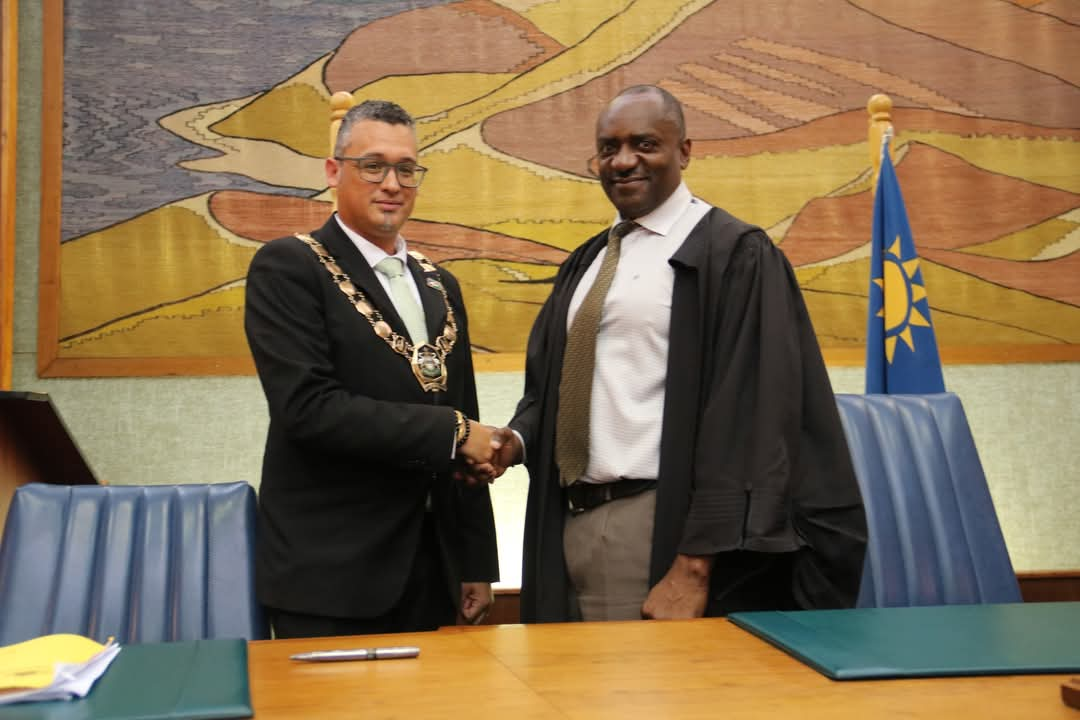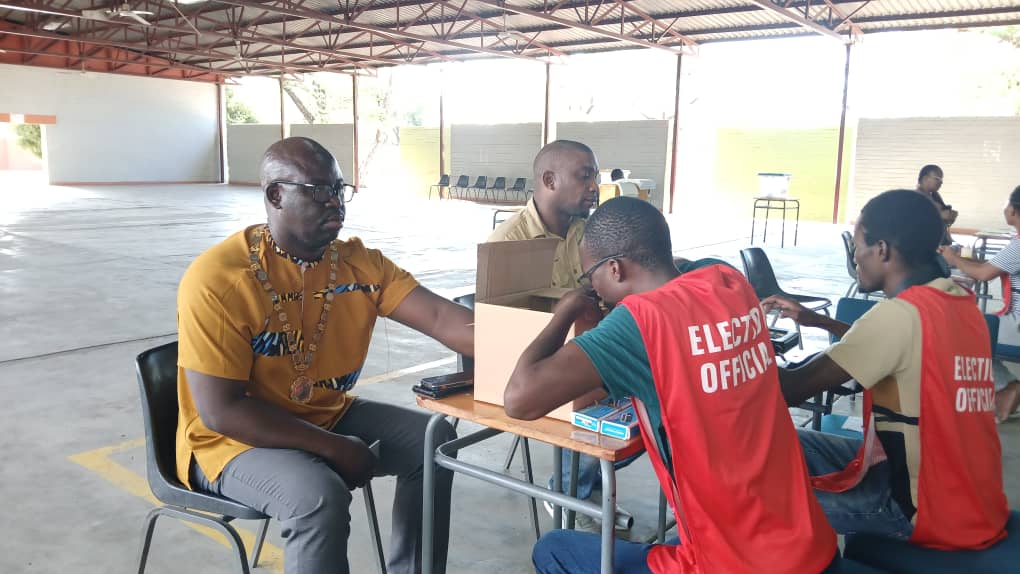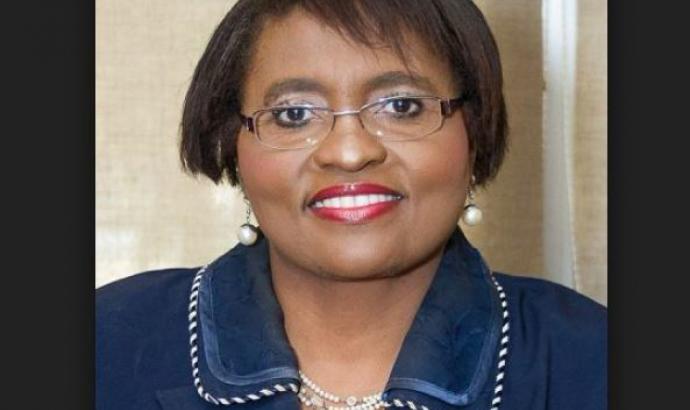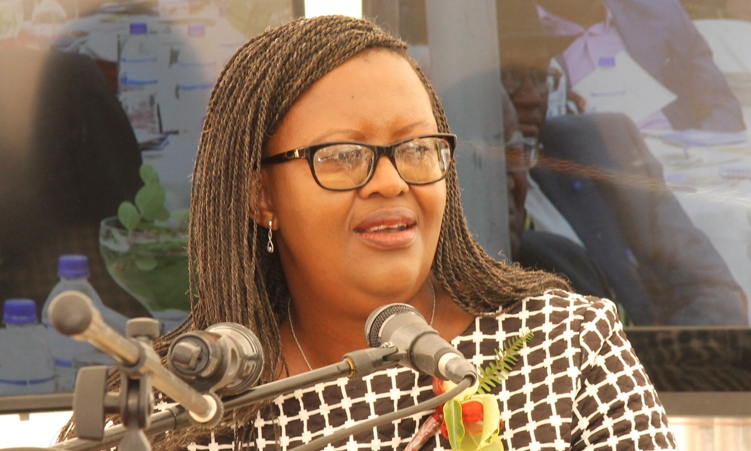Sub-Saharan African countries’ energy projects have been halted due to a lack of business viability.
This includes Namibia.
During the opening ceremony of the Accelerated Partnership for Renewables Africa (Apra) in Nairobi yesterday, International Renewable Energy Agency (Irena) director general Francesco la Camera said a lot of projects that are submitted by these countries do not reach financing.
“The majority of the projects that are submitted fail at the development stage, therefore, they do not reach the financing or implementation stage,” said La Camera.
According to Irena, 570 million people in Africa still do not have access to electricity.
La Camera added that Africa will need US$1.3 trillion to transition from dirty energy to renewable energy.
Earlier this year, the World Bank approved US$138.5-million (N$2.4 billion) financing for Namibia’s first energy project that will allow increased integration of renewable energy into the country’s electricity system.
“This project’s investments to strengthen the power grid are critical to enabling the integration of more variable renewable energy sources in the system.
The project aims to minimise outage risks, support load growth and unlock future opportunities for power trade in the Southern African Power Pool,” said the World Bank.
According to the World Bank, Namibia has excellent renewable energy resources, however, installed renewable capacity in the country is just over 30% of total generation.
All this is in line with the Nairobi Declaration, which was adopted at the Conference of the Parties 28th.
The declaration was adopted by African countries as an agreement to combat climate change.
Speaking during the summit, Kenyan petroleum and energy ministry cabinet secretary James Wandiyi said although Africa is home to abundant renewable energy resources, investment is needed.
“Despite the progress made, Africa as a whole is still lagging behind in renewable energy development, which underscores a critical need for targeted meaningful investment from both public and private sectors,” said Wandiyi.
According to him, less than 2% of global renewable energy is produced in Africa.
Moreover, Africa only holds 3% of global renewable energy jobs.
“If properly harnessed, renewable energy can create jobs, contribute to the gross domestic product and contribute to inclusive economic growth,” said Wandiyi.
Currently, African Apra member countries include Kenya, Ethiopia, Ghana, Namibia, Rwanda, Sierra Leone and Zimbabwe, with Denmark, Germany, the United Arabs Emirates and the United States as partner countries.
Stay informed with The Namibian – your source for credible journalism. Get in-depth reporting and opinions for
only N$85 a month. Invest in journalism, invest in democracy –
Subscribe Now!






